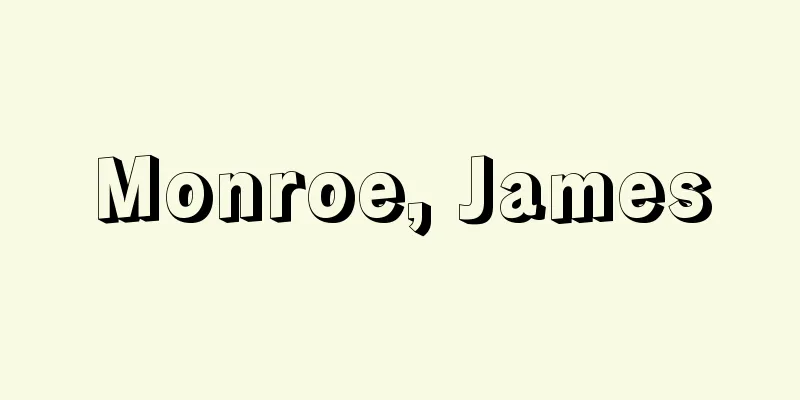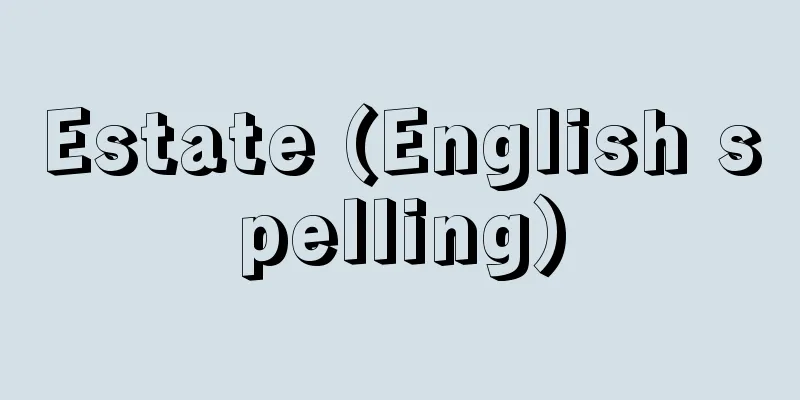Born April 28, 1758 in Westmoreland, Virginia
[Died] July 4, 1831. New York, New York. American politician and diplomat. Fifth president (in office 1817-25). In 1776 he left school to participate in the American War of Independence. From 1880 he studied law under T. Jefferson. In 1782 he was a member of the Virginia Assembly, and from 1883 to 1886 he was a delegate to the Continental Congress, where he advocated for states' rights and voted against the creation of the federal Constitution. From 1890 to 1894 he was a U.S. Senator, from 1894 to 1896 he was minister to France, and from 1899 to 1802 he was governor of Virginia. In 1802 he traveled to France as minister extraordinary and plenipotentiary, where he succeeded in the Louisiana Purchase. From 1803 to 1807 he was minister to Great Britain. From 1811 to 1817 he served as Secretary of State under President J. Madison, and during the War of 1812 he advocated war, and from 1814 to 1815 he also served as Secretary of War. In 1816 he was elected president. After his election, the so-called "Good Feeling Era" began, when Republicans were the only party in power, and there was no party conflict, and he was easily re-elected in 1920. At the time, America was experiencing a period of rapid growth and remarkable development in the West, but his main achievements were in foreign affairs, such as the purchase of Florida, and in December 1923 he announced the famous Monroe Doctrine, which laid the foundation for America's traditional foreign policy. Monroe
Monroe, Marilyn Born: June 1, 1926, Los Angeles
[Died] August 5, 1962, Los Angeles American film actress. Hollywood's biggest sex symbol. Her real name was Norma Jean Baker. She married at the age of 16, divorced soon after, and gained popularity as a photo model. In 1946, she signed with the film company 20th Century Fox and adopted the stage name Marilyn Monroe. She was recognized in films such as The Asphalt Jungle (1950) directed by John Huston and All About Eve (1950) directed by Joseph Mankiewicz, and gained popularity with the "Monroe Walk" in Niagara (1952) directed by Henry Hathaway. She was married and divorced several times, from professional baseball player DiMaggio and playwright Arthur Miller, and was found dead at her home on August 5, 1962. The cause of her death is still shrouded in mystery, whether it was suicide, accident, or murder. Her notable works include Gentlemen Prefer Blondes (53), How to Marry a Millionaire (53), River of No Return (54), No Business Like Shaw (54), The Seven Year Itch (55), Bus Stop (56), The Prince and the Showgirl (57), Some Like It Hot (59), and The Misfits (61). Monroe
Monroe, Harriet Born: December 23, 1860, Chicago
Died: September 26, 1936. Arequipa, Peru. American female poet and editor. While working as a theater and art critic for newspapers in Chicago, she also wrote poetry. In 1912, she founded the magazine Poetry, which she continued to edit until 1935. She contributed to the new poetry movement by introducing experimental poets such as TS Eliot, Sandburg, V. Lindsay, and Pound, and was a central figure in the so-called Chicago Renaissance around the time of World War I. Her major works include the poetry collections Valeria and Other Poems (1892), You and I (1914), Chosen Poems (35), and the essay collection Poets and Their Art (26, new edition 32). Her other works include a collection of poems and dramas, and an autobiography, A Poet's Life (38). Monroe
Monroe, Paul Born June 7, 1869 in North Madison, Indiana
[Died] December 6, 1947. New York. American educator and educational historian. Educated at Franklin University, the University of Chicago, and the University of Heidelberg, he became a professor at Columbia University in 1902, its president in 1915, and director of the attached Institute of International Studies in 1921. He also served as chairman of the 7th World Congress on Education, held in Tokyo in 1937. In addition to compiling the Cyclopaedia of Education (5 volumes, 1910-13), he is also the author of A Textbook in the History of Education (05) and Founding of the American Public School System (40). Monroe
Monro, Alexander Tertius Born: November 5, 1773, Edinburgh
[Died] March 10, 1859. Craiglockhart. British physician. Grandson of AP Monro and son of AS Monro. Graduated from the University of Edinburgh in 1797. After studying in London and Paris, he returned to Edinburgh and worked at the same university, co-teaching a course with his father. He continued to teach the course after his father fell ill, and became a full-time professor in 1817. He retired in 1846. He did not leave behind any medical achievements like his grandfather or father. Monroe
Monro, Harold Born: March 14, 1879, Brussels
[Died] March 16, 1932, London. British poet. Graduated from Cambridge University. His Collected Poems (1933) was published with a preface by TS Eliot, but he is more important as the founder of the magazine Poetry Review (12) and the bookstore Poetry Bookshop (13-32) than as a poet. The latter became the mother of modern poetry such as Imagism. Monroe
Monro, Alexander Primus Born: September 8, 1697, London
[Died] July 10, 1767. Edinburgh. British physician. Anatomist and surgeon under the tutelage of H. Boerhaave, who taught at Leiden University. From 1720 to 1764, he was the first professor of anatomy and surgery at the newly established medical school of the University of Edinburgh. He proved that jaundice is caused by bile duct blockage, invented many surgical instruments, and made great contributions to bone dissection. Monroe
Monro, Alexander Secundus Born: May 20, 1733, Edinburgh
[Died] October 2, 1817. Edinburgh. British anatomist. Son of AP Monro. Professor of anatomy at the University of Edinburgh from 1759 to 1808. A better teacher and scholar than his father. In addition to his achievements in the study of the mucous sacs, he also named the interventricular foramen (M.'s foramen) and the subthalamic sulcus (M.'s sulcus). Monroe
Monroe A city in southeastern Michigan, United States. It is the state's only port on Lake Erie. It was established in 1784 by French Canadian settlers and was called Frenchtown. In 1817, it was renamed after President J. Monroe. The surrounding area is a fertile agricultural region, and it is also the center of the southeastern part of the state. Auto parts and other various industries have developed. Population 22,902 (1990). Monroe
Monroe A city in northeastern Louisiana, USA. Facing the Washitaw River. When it was first settled in 1785, it was called Fort Milo, but in 1819 it was renamed to its current name. The largest natural gas field in the country is located nearby, with more than 2,000 gas wells covering an area of about 1,000 km2. The chemical industry is also well developed. Cattle are raised here, and cottonseed oil is also produced. Population 54,909 (1990). Monroe
Monro, Thomas [Born] 1759
[Died] May 15, 1833.
English physician and painter. He was a practicing physician in London, but as a pupil of J. Japolt he painted in the style of Gainsborough and was known as a genre painter and a patron of the arts. Source: Encyclopaedia Britannica Concise Encyclopedia About Encyclopaedia Britannica Concise Encyclopedia Information |


![Higashino [town] - Higashino](/upload/images/67cc99b257273.webp)







